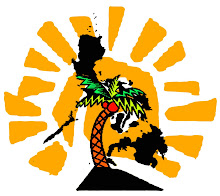
the seedlings are fast growing though planted at forsehores.
"labbaterina" (a patented basket, created by former congressman Salacnib F. Baterina) was used to create a 'moist' environment for the coconut seedlings to defy the draught brought about by the sand dunes, at a foreshore in San Esteban, San Vicente, Ilocos Sur.


